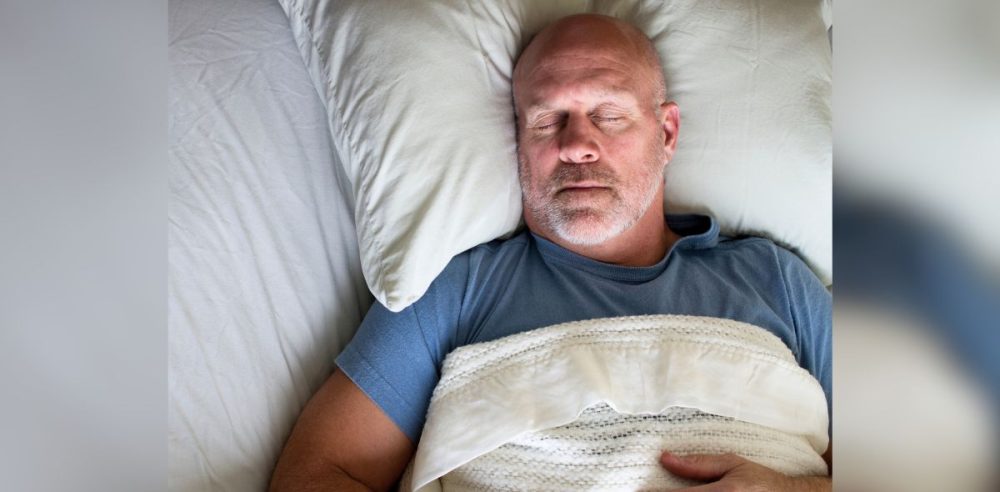At least one well-known sleep aid can potentially disrupt an essential process that occurs in a healthy brain during sleep.
Danish researchers found that mice taking the insomnia medication Zolpidem, sold under the brand name Ambien, can disrupt the glymphatic system. This system flushes out toxic buildup in the brain during sleep, an essential process for a healthy brain.
The study’s senior author, Maiken Nedergaard of the University of Rochester and the University of Copenhagen said the glymphatic system is like “turning on the dishwasher before you go to bed and waking up with a clean brain.”
“We’re essentially asking what drives this process and trying to define restorative sleep based on glymphatic clearance,” he said, per the New York Post.
The researchers discovered that during sleep, the brainstem of mice releases small waves of norepinephrine once every 50 seconds. The molecule is critical to the “fight-or-flight” response, prompting blood vessels to constrict, thereby driving blood pressure higher and preparing the body for a stressful situation.
The narrowing and widening of the blood vessels also push fluid that transports waste away from the brain.
The study’s lead author, Natalie Hauglund, of the University of Copenhagen and the University of Oxford, likened norepinephrine to an orchestra’s conductor.
“There’s a harmony in the constriction and dilation of the arteries, which then drives the cerebrospinal fluid through the brain to remove the waste products.”
While the mice that took Zolpidem fell asleep faster, they only had half the levels of norepinephrine wave activity during sleep. The mice also transported 30% less fluid into the brain than those who did not take the drug, suggesting that the medication may restrict brain clearance during sleep.
Dr. Thomas Kilkenny, director of the Institute of Sleep Medicine at Northwell Health Staten Island University Hospital, said there is still no confirmation as to whether humans react similarly. Even still, he suggested that forgoing Ambien may not be a bad idea.
“It would make sense to try to avoid sleeping pills for a lot of reasons (dependence, automatic behavior etc.) and this may be yet another reason on the list,” said Dr. Kilkenny.
Last month, The Dallas Express reported on a natural sleep supplement developed by Dr. David Mahjoubi, a board-certified anesthesiologist and founder of the Ketamine Healing Clinic of Los Angeles & Orange County.
Dr. Mahjoubi claims his supplement can improve sleep quality without the use of melatonin. Part of his inspiration for creating the product was seeing numerous patients treating sleep-related health conditions with what he called “prescription-strength psychotropic medications like Ambien,” per the New York Post.


